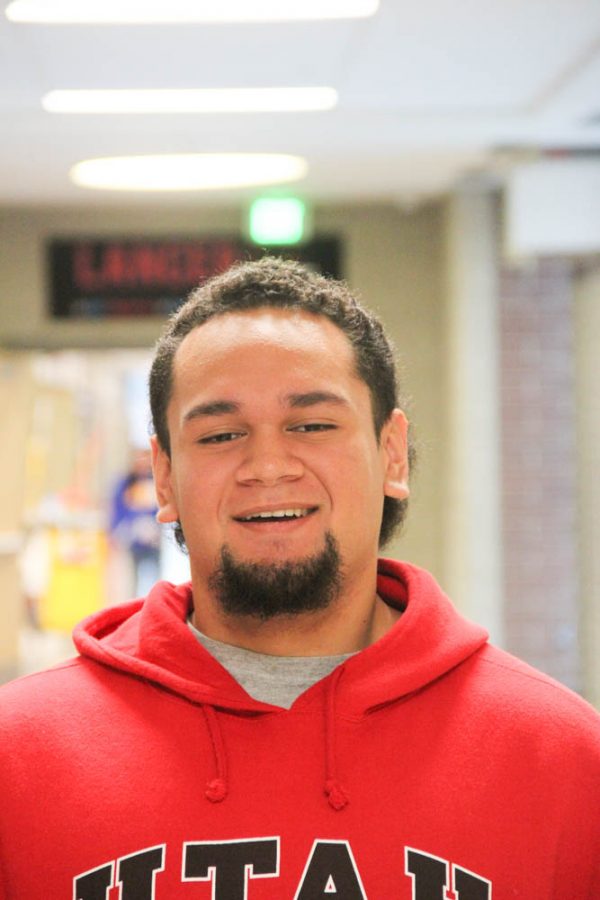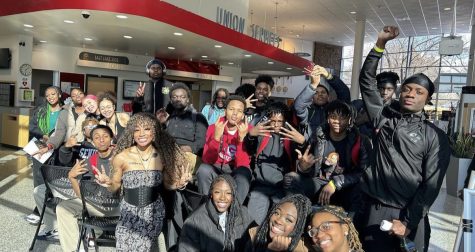There’s the friends, the rivals, and the frenemies
COMPETITIVE friends or friends who go to other schools can be a pain. Maybe they’re not even a friend anymore, this is where the line of frenemies is drawn. For years, friendships have been torn apart by sports, fights, and most of all, rivaling schools. Football, soccer, and many other school sports drive competitions. Competitions is one thing that gets between every person.
Some students at Granger have friends who go to other schools like Hunter, Hillcrest, Brighton, Taylorsville, and many others.
“Usually I’m a part of pep band during the games, but if I sat with my friends from other schools, we would be always competing,” Hayden Kidd (12) said.
Kidd used to hang out with his friends often, but with school and competition it’s hard to find time to hang out with them.
Another student who has some rivalry frenemies is Felisi Ahio (12). His friends go to Taylorsville, Hunter, and Cottonwood High. “It’s pretty easy to be friends with all of them, but when it comes to school vs. school were not friends,” Ahio said. When it comes to frenemies it usually revolves around competing schools. Still, even frenemies can be friends.
There’s always people though who don’t have frenemies. One exception here at Granger is Danielle Pirillo (11). She has friends both at Skyline and Hunter. For them competition doesn’t get in the way. “We never really talk about our school and who’s better. None of us care about the rivalry stuff,” said Pirillo. Not every person has frenemies, but every person has friends.
Dr. Irene S. Levine has said a frenemy is, “a person who seems to be a friend, but then has periodic or frequent lapses in behavior that are antagonistic or undermining,” as stated on the understandingteenagers.com website. This site lists many ways to spot a frenemy. Those ways are by looking for backhanded compliments, competitiveness, a starter of negative rumors or gossip, or dishonesty. There are lots of different types of frenemies out there.
Also on understandingteenagers.com, it gives teenagers and parents ways to stop frenemies and promote true friends. The site offers tips for starting conversations. “I have noticed recently that whenever you spend time with (frenemy name) you end up feeling upset or angry. Why is that?” as stated on the understandingteenagers.com website. This is something a parent might ask a child after noticing some friendship stress. Having a frenemy doesn’t mean that a person has to handle it on his or her own.
Frenemies are a difficult thing to be involved with. Sometimes they cause stress and drama, other times it can just be normal hanging out.










